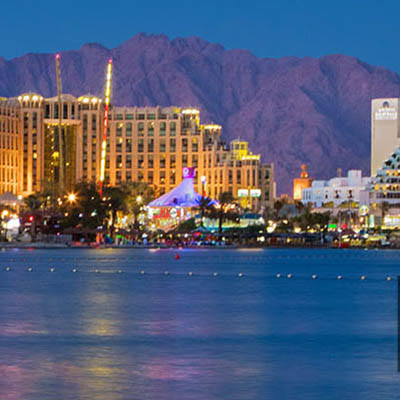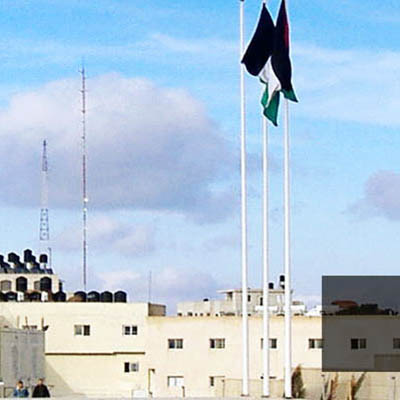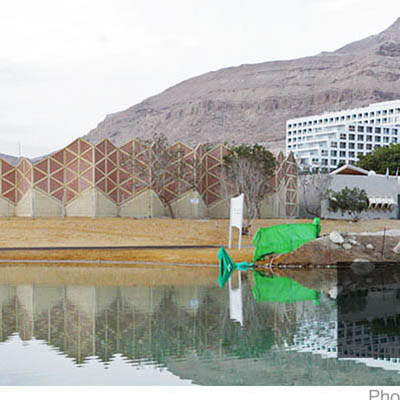
Israel Monthly Climate Averages
To help you choose the best time to travel, you can find climate data below on the weather in Israel .
| Month | Jerusalem | Tel Aviv | ||
| day | night | day | night | |
| January | +11.8°C | +6.4°C | +16.5°C | +8.6°C |
| February | +12.6°C | +6.4°C | +16.7°C | +8.8°C |
| March | +15.4°C | +8.4°C | +18.2°C | +10.5°C |
| April | +21.5°C | +12.6°C | +22.8°C | +14.4°C |
| May | +25.3°C | +15.7°C | +24.9°C | +17.3°C |
| June | +27.6°C | +17.8°C | +27.5°C | +20.6°C |
| July | +29°C | +19.4°C | +29.4°C | +23°C |
| August | +29.4°C | +19.5°C | +30.2°C | +23.7°C |
| September | +28.2°C | +18.6°C | +28.4°C | +22.5°C |
| October | +24.7°C | +16.6°C | +25.3°C | +18.1°C |
| November | +18.8°C | +12.3°C | +22.4°C | +14.6°C |
| December | +14°C | +8.4°C | +18.2°C | +10.2°C |
Temperature in Israel
The table shows that the hottest months in Israel are August and July, during which the average daytime temperature reaches 30.2°C and the nighttime temperature falls to 23.7°C.
The coldest months are January and February, when the daily average temperature falls to 11.8°C, and drops to + 6.4°C during the night.
Best places in Israel:

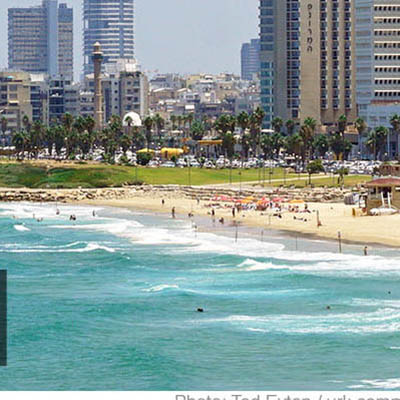
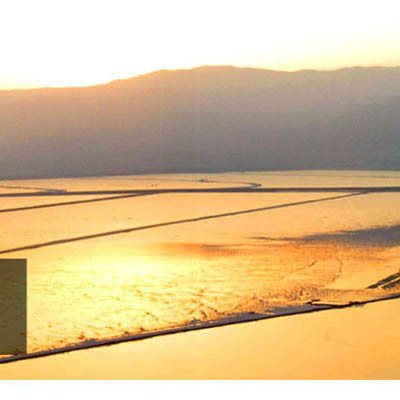

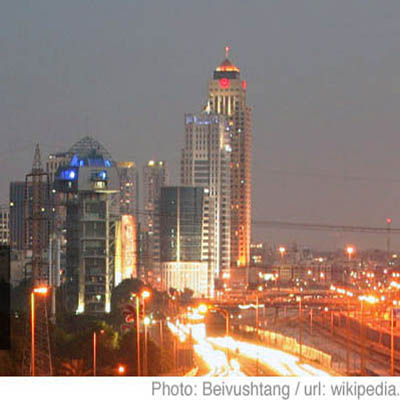
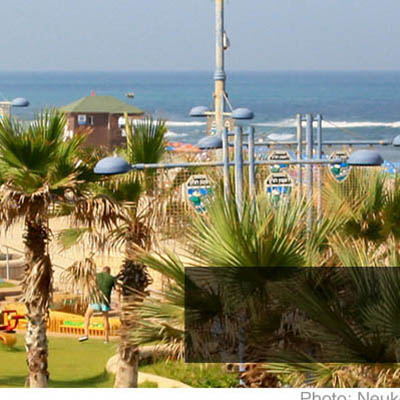
Most Popular Destinations in the World
Sea temperature
The highest average monthly temperature in the Mediterranean Sea on the beaches of Tel Aviv is in September and August and equals 28°C.
Precipitation
The largest amount of rain falls on average in January and February, up to 151mm, and the least in June and July.

